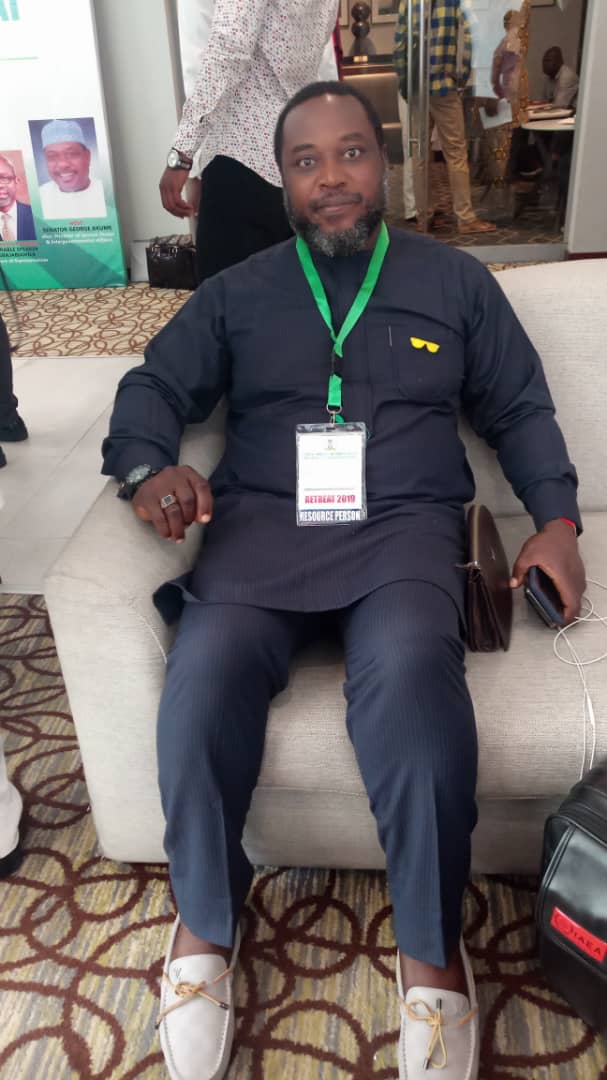Tina Amanda
An Environmentalist has recommended that Rivers State government integrate waste management system into a chain of industries that will generate electricity.
Dr Babatunde Bolaji, a Lecturer in the Department of Animal and Environmental Biology, University of Port Harcourt, said 2-3 Mega Watt of electricity can be generated on daily basis from waste, adding that value chain products such as; fertilizer, Gas, building materials amongst others can also be created.
According to him, the state government should invest in science and build on research with experts to solve the state’s waste problem, stressing that globally waste management has gone nuclear.
“There are things to be done with waste and it can be in such an integrated manner, it could become a chain of Industry where the government will not be the one financing waste management.
Also Read: Every Nigerian graduate must have a credible certificate – Buhari
“We are on a project in one of the cities where nylon can be used in making interlocking tiles for road construction and it is three times stronger than the asphalt. We are using plastic bottles in building low-cost housing and it is about three times cheaper than cement blocks. So, there are things to be done with wastes.
“You can not just wake up one morning and say you want to solve waste management problem, it does not work that way. It has to be researched by scientists and experts, apply whatever is researched. Only then can it work in an integrated system. That is what I think should happen to Rivers State waste management”
Dr Bolaji, however, said that dumping refuse on the street of Port Harcourt should be stopped, adding that people should be made to pay for waste management to enable disposal at a designated transfer station.
“People should be made to pay for their wastes. One of the things that bleed my heart any time I am driving on the roads of Port Harcourt is the fact that waste is dumped right at the middle of the roads. Beautiful roads marked by waste as if people are not human, even animals take care of their waste.
“Trailers drive past and blow the refuse all over the place. Scavengers come to pick things even when the refuse is tied up, they untie it and scatter it everywhere. Waste should be collected from homes by cart pushers and delivered to a particular transfer station.
“From the transfer station, it becomes the responsibility of the contractor in charge of a zone or area, to now convey the waste to its final rest”
He further recommended that a simple sorting method should be introduced to separate plastics and all usable.
“At the final stage they should encourage either at the transfer station to include a simple sorting system, where plastics, nylons and other items to be used for recycling could be easily accessed”
The Environmentalist stressed that the public should be sensitized as many lack the proper knowledge of waste management.




